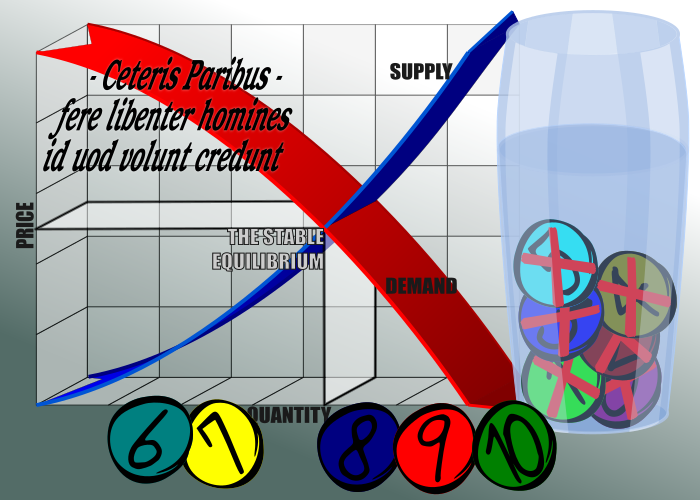
5. Neoliberal economies are here to stay.
Many legislators believe the more networked and expansive (globalized) economies become, the closer we’ll all be to ensuring that wealth trickles down to include everyone. If this fable of growth and progress towards equality continues to hold sway, it will consume us and the planet, in short order. As noted in Chapter 5 of Doughnut Economics, Oxford University economist Kate Raworth (2018) argues that our economies are not closed market systems engaged in a reinforcing produce/consume ping-pong between households and industry. Our economies function within and are interdependent on our cultural and associational lives and the environment. When we draw on the planet’s resources, like the sun and water, and turn them into pollution and waste we, all at once, destroy our environment and our economy. Peter Block’s model of what he calls the neighborly economy is both a compelling and accessible way of ensuring that those who are most economically isolated can be connected to the resources of the commons. Neoliberal economies are enveloped within a fable, that will succumb to a better story, our challenge is to co-create that better narrative.
Cormac Russell
10 Deficit-based Assumptions that must be debunked
